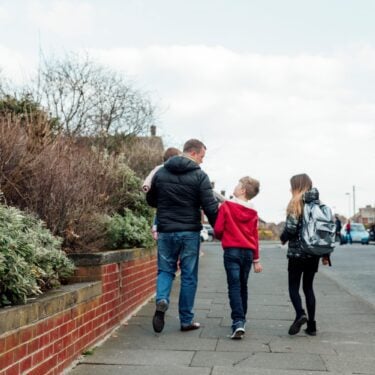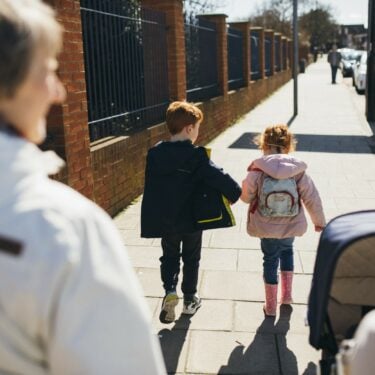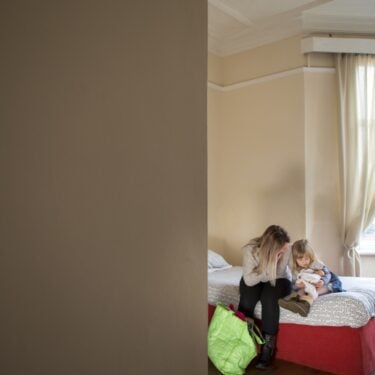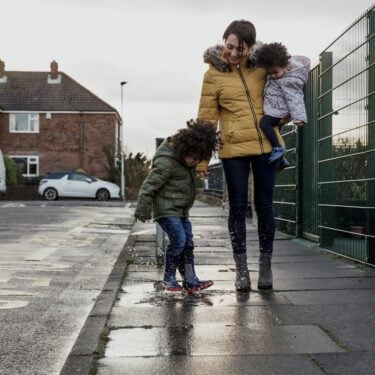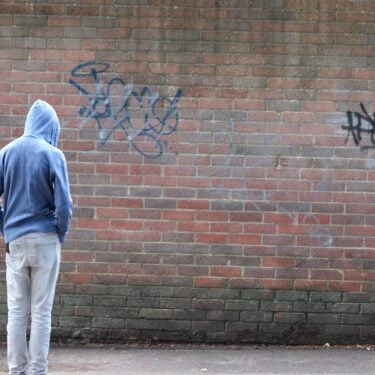A new study from the University of Portsmouth, funded by the Nuffield Foundation, find that fewer than 2% of people caught committing fraud are dealt with by the criminal justice system.
The research found only 15,696 fraud offenders were dealt with by the criminal justice system in 2014-15, with a further 162,869 if TV licence evasion was also included. These offenders were caught by bodies such as the police, Serious Fraud Office or Department for Work and Pensions, and then prosecuted in the criminal courts. The research also found at least another 868,105 fraudsters were dealt with by private bodies such as fraudster registers and by regulatory bodies in the same year.
The major study was conducted by researchers from the University’s Institute of Criminal Justice Studies and funded by the Nuffield Foundation.
Principal investigator Professor Mark Button said: “This research highlights that the criminal justice system plays only a small role dealing with fraud related cases and the vast majority are dealt with by other public and private regulators.
“The nature and quality of the systems operated by these regulators does vary significantly. There are also large inconsistencies in the way comparable frauds are dealt with -justi some resulting in criminal prosecution, others only a regulatory sanction.”
The largest regulator was the NHS, which issued 606,063 penalty notices against those wrongly claiming exemption from NHS charges. At least 135,485 people who made fraudulent credit or employment applications were also added to private databases, such as the Cifas National Fraud Database, as ‘confirmed fraudsters’.
The research also investigated professional regulatory bodies and found 395 cases of what most would regard as serious cases of fraud had been dealt with solely by them. For example:
- Finance director Nicholas Hill abused his position to defraud his employer of £250,000 using carefully planned purchasing and asset sale frauds. He was not reported to the police but was referred to the accountancy regulator, the ICAEW. He was struck off, fined £25,000 and ordered to pay £33,846 in costs for the case hearing (ICAEW, February 2014).
- Alberto Micalizzi was the chief executive of Dynamic Decisions Capital Management, a hedge fund management firm which went into liquidation. He misled investors, lenders, the FSA and others. He deliberately hid the fund’s losses to attract new investors by buying a bond and then artificially revaluing it to create a US$400m gain. The FCA did not find sufficient evidence for a prosecution. The FCA banned him and fined him £2,700,000 (FCA reference AXM02173).
- Karen Wilson was a senior occupational therapist who perpetrated an expense fraud against her employer worth £2,788. She was not prosecuted but was removed from the register of the Health and Care Professions Council (HCPC reference OT14127).
The finding that at least 1,046,670 people have been found to have engaged in fraud-related behaviours also illustrates how widespread the problem of fraud is in society.
The report illustrates different rates of offending in society and between different occupations. For example, the number of detected fraudsters per 100,000 was 25 for solicitors, 15 for the financial services sector, 13 for nurses, seven for chartered accountants and three for architects.
The research assessed 128 regulatory bodies and identified 71 which deal with fraud and 25 fraud-related databases. The findings highlighted significant differences in the quality of justice among regulatory bodies and highlights areas in need of further research and reform to improve justice.
The research is published not long after recent changes to the way crime statistics are collected to include questions about fraud in the England and Wales Crime Survey, which has highlighted an additional 3.6 million crimes related to fraud. When added to other crimes in the New Year, along with computer misuse offences, is likely to see a near doubling of crime.
This reports highlights priority areas for research to better understand these regulators and areas where policy reform is required to improve the quality of justice.”Professor Mark Button, Principal Investigator



























